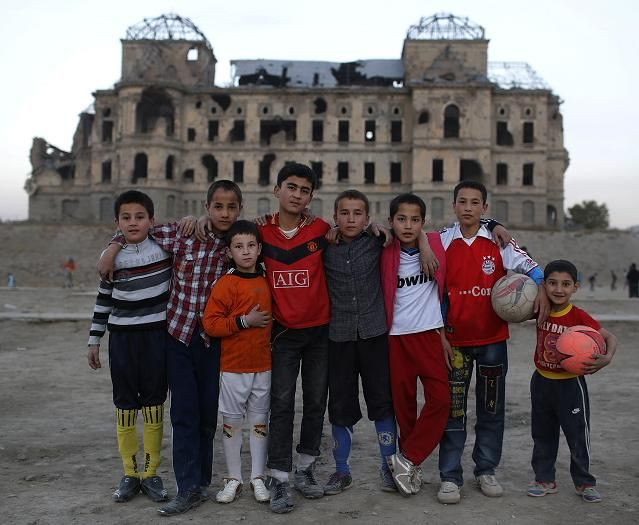Corruption Costing Afghanistan Almost $4 Billion: UN Report

Corruption in Afghanistan cost Afghans $3.9 billion in 2012, despite the fact that fewer people are being forced to pay bribes, a new report from the U.N. Office of Drug and Crime, or UNODC, and the Afghan High Office for Oversight and Anti-Corruption says.
Half of Afghans had to pay a bribe to obtain a public service, and one-third had to pay one to obtain a private sector service, the report noted. The rate of having to pay of bribe was also higher than recorded in 2009: between 5 and 6 bribes per bribe-payer, up from 4 to 5 bribes, and the average cost increased from $158 to $214.
“The bribes that Afghan citizens paid in 2012 [is equal to] double Afghanistan’s domestic revenue,” UNODC regional representative Jean Luc Lemahieu said.
“Corruption means you don't get the best in the public sector; you get the best connection from those with the higher income. Nobody doubts the seriousness of the issue; the art is to design the correct strategy to remedy the situation."
The UNODC also said that while these numbers seem high, it actually reflects a slight improvement from three years ago, when 59 percent of Afghan adults had to pay a bribe to get services.
Somewhat surprising was how high bribery was in the education sector: In 2009, 16 percent of people paid a bribe to a teacher. In 2012, that number rose to 51 percent, the report said. The report did not go into specifics as to why this might be, and the UNODC was not immediately available for comment.
Enrollment in Afghan schools has increased exponentially since 2001, according to a UNESCO report from 2011: From 2001 to 2010, enrollment in primary schools rose from 1 million to 7 million children. By 2011, there were 8.2 million students nationwide. The number of teachers has also increased seven-fold, although teacher qualifications remain low. It's possible that because of increased enrollment in schools, and thereby increased competition for acceptance into higher-level programs, parents and teachers in Afghanistan have engaged in some unscrupulous dealings.
Bribes are considered a way of life for Afghans -- just a nuisance to be overcome or a way to obtain better or faster services. In a survey of 6,700 Afghan adults, the UNODC found that 69 percent thought it was acceptable for a civil servant with a low salary to accept bribes, up from 42 percent in 2009.
In 2012, Afghanistan was ranked third to last on Transparency International's corruption index, ahead of only North Korea and Somalia.
Afghan President Hamid Karzai has long promised to clean up his government. The prevalence of corruption not only stunts economic development, but diminishes trust between the Afghan and Western governments, who may be hesitant to provide aid funds for fear they will end up in the wrong hands.
The Afghan Office for Oversight, which cosponsored the study, pledged to continue efforts to fight corruption, the AP said.
“The fight against corruption by the Afghan government and the people of Afghanistan will continue,” Mohammad Rafi Amini, the head of policy and planning for the agency, told the news agency.
© Copyright IBTimes 2024. All rights reserved.





















